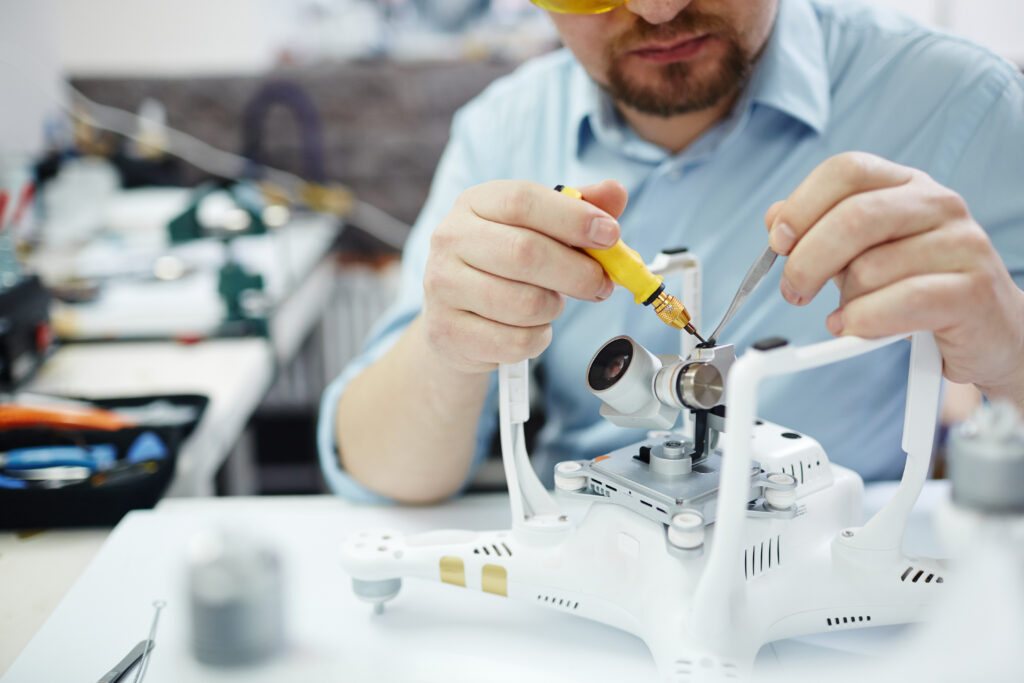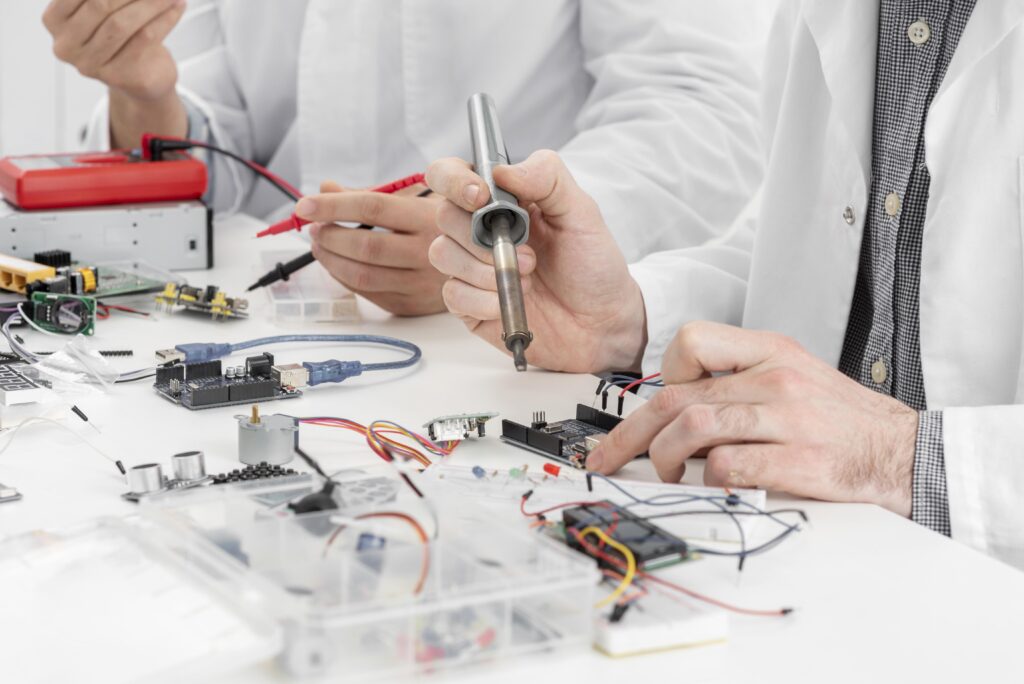Why Product Testing & Certification is Important?
In our modern world, filled with an array of innovative products designed to make our lives easier, safer, and more enjoyable, ensuring the quality and safety of these goods is paramount. This is where product testing and certification step in as crucial processes that validate the reliability, safety, and efficacy of various products before they reach the hands of consumers. From electronics to food items, and everything in between, rigorous testing and certification protocols play a pivotal role in safeguarding consumers and promoting trust in the marketplace.
Avoids pleasure itself, because it is pleasure, but because those who do not know how to pursue pleasure rationally encounter consequences that are extremely painful again anyone
Themepul
Ensuring Safety and Quality
One of the primary reasons why product testing and certification are indispensable is the assurance of safety and quality. Consumers rely on certifications such as CE, UL, FDA, and others to confirm that the products they purchase meet stringent safety standards. Whether it’s electrical appliances, toys, or medical devices, adherence to safety regulations through testing and certification procedures is vital for preventing accidents, injuries, and health hazards.


Legal Compliance
In many industries, adherence to regulatory standards is not just recommended but legally mandatory. Product testing and certification ensure that manufacturers comply with these regulations, thereby avoiding potential legal repercussions and liabilities. By obtaining the necessary certifications, businesses demonstrate their commitment to ethical practices and regulatory compliance, fostering a culture of accountability within the industry.
Building Consumer Trust
Trust is the cornerstone of any successful business-consumer relationship. When consumers see that a product has undergone rigorous testing and obtained relevant certifications, it instills confidence in the brand and its offerings. Certifications serve as tangible evidence of a product’s reliability, safety, and quality, helping consumers make informed purchasing decisions. Moreover, positive experiences with certified products contribute to brand loyalty and positive word-of-mouth, further strengthening consumer trust.
Facilitating Global Trade
In an increasingly interconnected global marketplace, product testing and certification facilitate smoother trade relations between countries. Many countries have their own set of regulations and standards that products must meet to enter their markets. Obtaining international certifications such as ISO standards ensures that products comply with global quality benchmarks, simplifying the process of exporting goods and expanding market reach for businesses.
Mitigating Risks and Liabilities
For businesses, ensuring that their products meet safety and quality standards is not just a matter of ethics but also risk management. Failure to conduct adequate testing or obtain necessary certifications can lead to product recalls, lawsuits, damage to reputation, and financial losses. By investing in thorough testing and certification processes, businesses mitigate these risks and safeguard their interests while prioritizing consumer safety.
Driving Innovation and Improvement
Product testing and certification are not solely about meeting minimum requirements; they also drive innovation and continuous improvement. Through testing, manufacturers identify areas for enhancement and refinement, leading to the development of safer, more efficient, and higher quality products. Moreover, certifications often encourage research and development efforts aimed at surpassing existing standards, thereby pushing the boundaries of innovation within industries.
Conclusion
In conclusion, the importance of product testing and certification cannot be overstated in today’s consumer-driven market. These processes serve as indispensable safeguards that uphold safety, quality, and legal compliance while fostering consumer trust and facilitating global trade. By prioritizing rigorous testing and obtaining relevant certifications, businesses not only mitigate risks and liabilities but also demonstrate their commitment to excellence and consumer welfare. In a world inundated with choices, product testing and certification emerge as beacons of reliability, guiding consumers toward safer, superior, and more trustworthy products.

